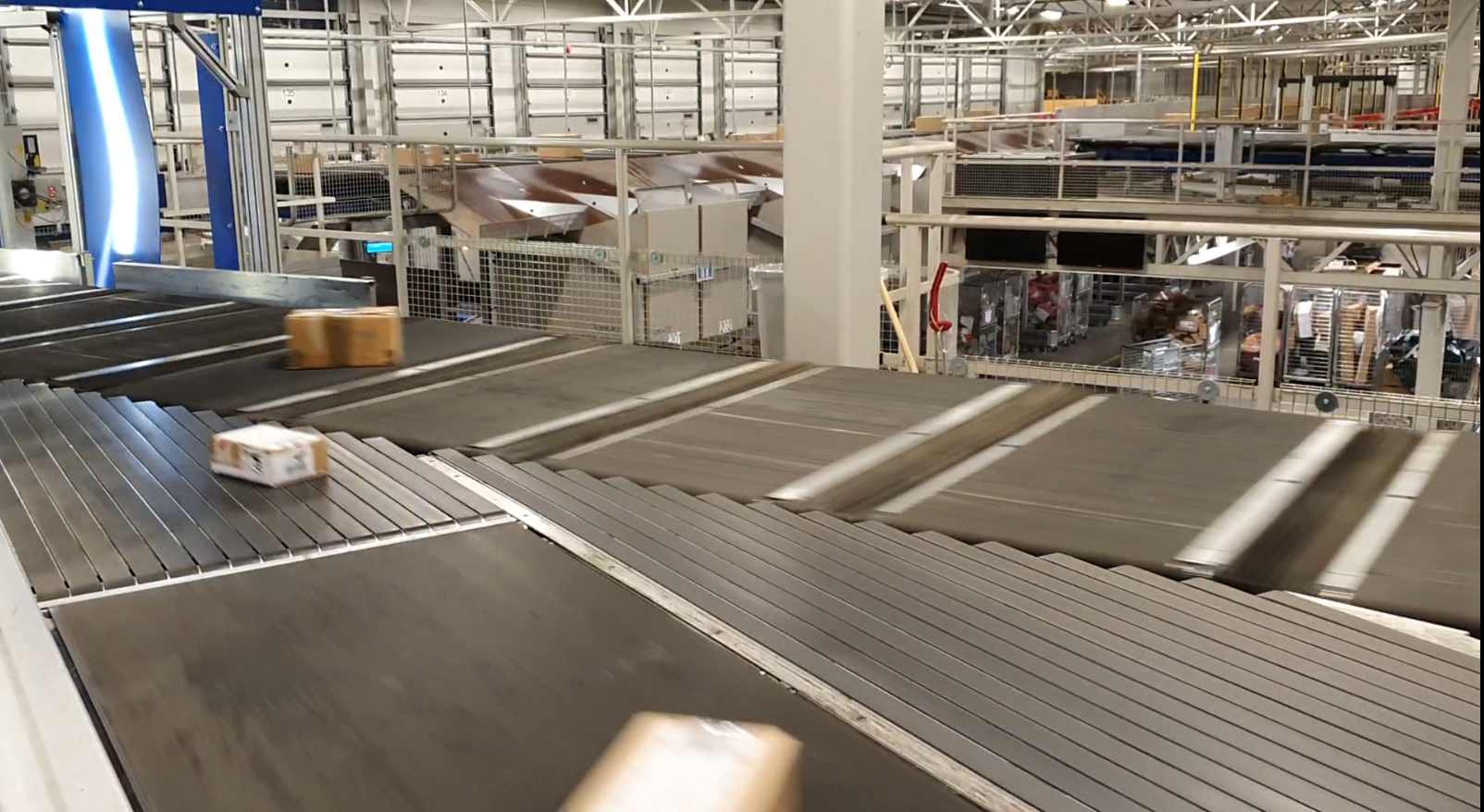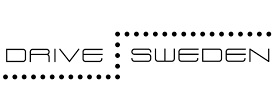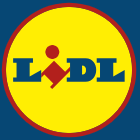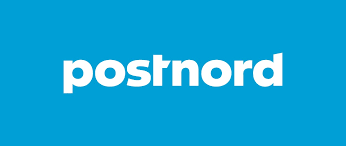Digigoods

The Digigoods project is focused on the improvements which can be achieved through digitalization and data sharing by the actors from the entire value chain for goods logistics.
Digigoods: Digitalizing the supply chain on road - phase 1
(Digitalisering av godsleveranskedjan på väg)
Start date: 2019-10-01
End date: 2020-05-30 (To be extended till December 2020)
Project Overview
DigiGoods is a preparatory and investigative study with the following objectives:
- Laying the foundation of a larger pilot project termed as phase 2. Phase 2 will demonstrate a higher level of accuracy related to transport timing / accuracy and better understanding of impact that transport has had on the goods.
- Exploring the possibility of increasing social benefits by describing the sustainability impact transport has had in terms of both ecological and social sustainability.
Expected contribution and benefits
The project is expected to contribute to the increased visibility of the end-to-end logistic chain. This in turn can increase the efficiency of the chain by enabling both horizontal and vertical integration. In other words, optimization from a holistic view of the society instead of one specific flow.
Project Division
The project is divided into 3 work packages as follows:
- Analysis of the logistics value chain. The aim of this WP is to:
- Analyze different logistics chains and quantify the value which can be generated by digitalization and sharing of data.
- Develop simplified business models to identify good candidates for implementation in phase 2 of the project.
- Technical specification, architecture and data structure. This WP focuses on the system aspects of integration and processes, connectivity and associated data. The objective is to get insights on data sharing and cooperation between the actors in the “value network”.
- Planning for the phase 2 pilot. The work in this package is based on a) the identified use cases and business models in WP1 and b) needs for research, development and innovation for their execution studied in WP2. The objective is to form the basis for the next phase. This includes but is not limited to the forming of a consortium, forming research questions, defining demonstrations and securing finances.
Current Achievements
- Modelling of use cases from 3 different kind of industries.
- Analysis of the use cases using business model canvas.
- Identification of commonalities in the process, data and material flow from the use cases under consideration.
- State of the art survey on sustainable and digitalized logistics system
- Listing of KPIs (Key Performing Indices) relevant to the project’s use cases.
Project leader: KTH ITRL
Project coordinator from ITRL: Tahir Qureshi
Other ITRL members: Jonas Mårtensson
Partners: Ericsson AB, Lidl Sverige KB, PostNord Sverige AB, Scania CV AB.
Project financed by: Drive Sweden






